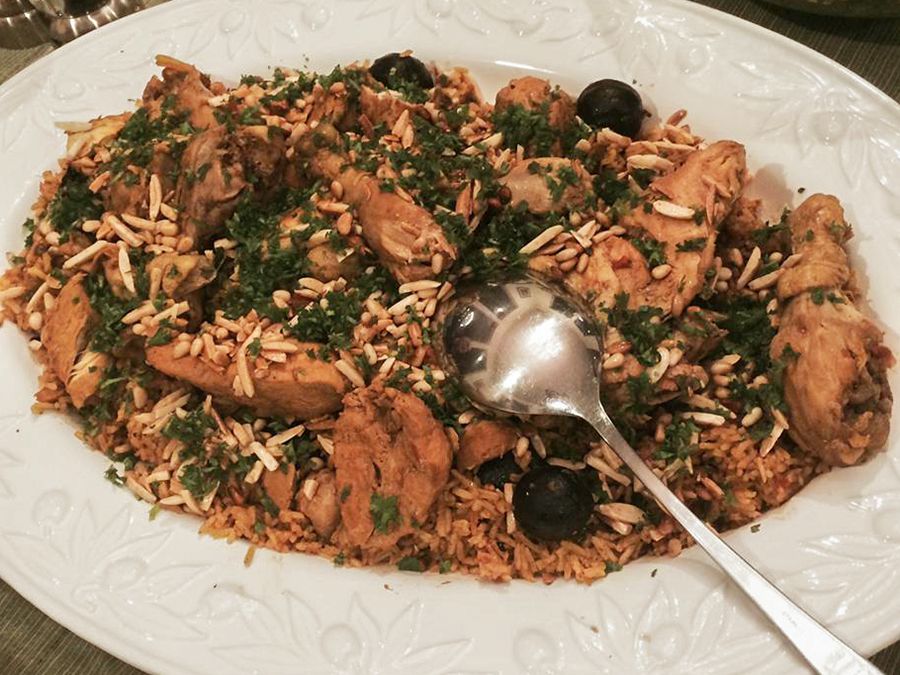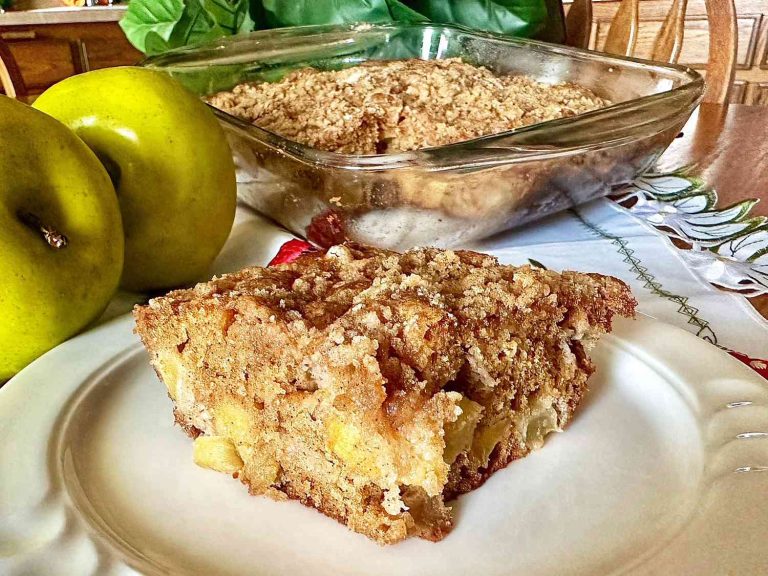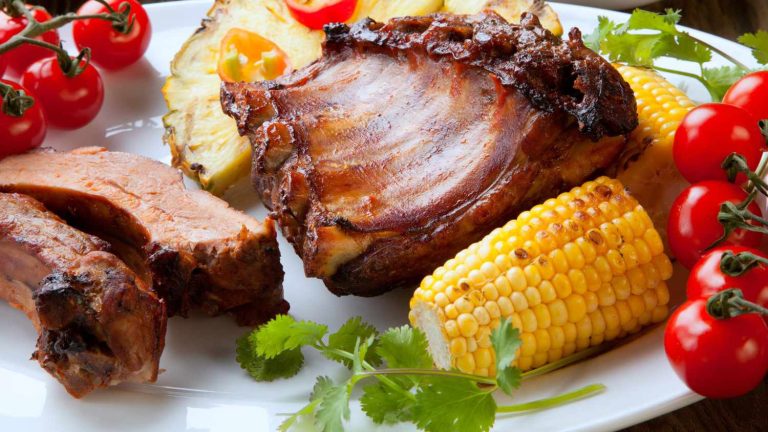Al Kabsa: Traditional Saudi Rice and Chicken Dish
Al Kabsa originates from Saudi Arabia, known for its deeply rooted culinary traditions. This dish has historical ties to Bedouin tribes, who used to prepare it during social gatherings. It evolved over centuries, influenced by neighboring cuisines, especially from the Middle East and the Indian subcontinent. Today, Al Kabsa stands as a symbol of Saudi cultural heritage, often served during family celebrations and festive occasions.
Key Ingredients in Al Kabsa
The fundamental ingredients of Al Kabsa include basmati rice, chicken, and a blend of spices. Key spices include black lime, cinnamon, bay leaves, and cloves. Tomatoes and onions add depth, while raisins and almonds garnish the dish. Each component contributes to the layered flavors, making Al Kabsa a fragrant and colorful feast for your senses.
Cooking Techniques for Al Kabsa
Preparing the Chicken
To make Al Kabsa, begin by preparing the chicken. Use whole chicken pieces with skin and bones to enhance the dish’s flavor and richness. Start by washing the chicken thoroughly under cold water. After cleaning, marinate the pieces in a blend of spices such as black lime, cinnamon, bay leaves, and cloves. Allow the chicken to marinate for at least 30 minutes to let the spices penetrate.
Searing: After marinating, sear the chicken in a large pot with oil until golden brown. This step locks in the flavors and juices.
Slow Cooking: Add chopped tomatoes and onions to the pot, then cover the chicken pieces. Pour in enough water to cover the chicken halfway. Bring the mixture to a boil, then reduce the heat to simmer. Cook the chicken until tender, typically for about 40-45 minutes, ensuring it absorbs the aromatic spices.
The Role of Rice in Al Kabsa
Rice is crucial in Al Kabsa, acting as the base that soaks up the flavors. Use high-quality basmati rice for optimal results due to its long grains and aromatic properties.
Rinsing: Start by rinsing the basmati rice under cold water until the water runs clear. This step removes excess starch, preventing the rice from becoming sticky.
Cooking: Add the rinsed rice to the pot containing the chicken and spices. Ensure the water level covers the rice by about one inch. Adjust the heat to low and cover the pot tightly. Allow the rice to cook without lifting the lid for about 15-20 minutes until it’s tender and fluffy.
Final Touch: Once the rice cooks, gently fluff it with a fork. Add raisins and almonds for added texture and flavor. Let the dish rest for a few minutes before serving to allow the flavors to meld.
By focusing on these cooking techniques, you’ll capture the essence of Al Kabsa, creating a rich, flavorful dish that honors Saudi Arabian culinary traditions.
Serving and Presentation Styles
Traditional Serving Methods
Serve Al Kabsa in a large communal platter to embrace its traditional roots. Place the rice as a base with the chicken pieces arranged on top. Garnish with fried nuts, such as almonds and cashews, and scatter raisins for added sweetness. Accompany the dish with a side of fresh salad or a cooling yogurt dip to balance the spices.
Modern Presentation Ideas
Use individual plates to give a contemporary twist to the traditional serving style. Mold the rice into compact domes for an elegant appearance. Place a piece of chicken beside or on top of the rice. Garnish with chopped herbs like parsley or cilantro for a burst of color. Add a sprinkle of pomegranate seeds or a lemon wedge for a fresh, modern touch. Offer a small bowl of sauce, such as a tangy tomato-based dip, for an added layer of flavor.
Nutritional Information
Health Benefits
Al Kabsa provides essential nutrients and minerals, supporting a balanced diet. The chicken in the dish offers high-quality protein critical for muscle repair and growth. Basmati rice, a source of complex carbohydrates, supplies sustained energy and fiber, aiding digestion when included in moderation. Spices like black lime and cinnamon enhance the flavor while contributing antioxidants, which help fight inflammation. Tomatoes add vitamins A and C, boosting your immune system and improving skin health. Almonds and raisins introduce healthy fats, fiber, and micronutrients, promoting heart health and facilitating digestion.
Caloric Content
Al Kabsa’s calorie count varies based on portion size and specific ingredients used. On average, a serving of Al Kabsa with chicken can range between 400 to 600 calories. Chicken contributes roughly 200 to 250 calories per serving, depending on the cut and preparation method. Basmati rice adds about 150 to 200 calories per cup. Additional calories come from almonds, raisins, and spices, which can add another 50 to 100 calories. Adjust ingredients and portion sizes to fit your dietary requirements while still enjoying this flavorful meal.
Cultural Significance of Al Kabsa
Al Kabsa in Saudi Celebrations
Al Kabsa is an essential dish at Saudi celebrations, symbolizing hospitality and generosity. Hosts often prepare Al Kabsa during festive events like Eid, weddings, and gatherings. The dish, presented on large platters, encourages sharing and brings guests together. Ingredients such as chicken, lamb, almonds, and raisins are frequently used to add richness and variety. Eating Al Kabsa at these occasions connects people to their cultural heritage, preserving traditions through culinary practices.
Al Kabsa’s Place in Daily Saudi Cuisine
In daily Saudi cuisine, Al Kabsa remains a staple due to its versatility and ease of preparation. Households often cook this dish for regular family meals, utilizing chicken, rice, and a blend of spices to create a comforting and nutritious meal. While the core ingredients stay consistent, variations exist based on regional preferences and available ingredients. By incorporating Al Kabsa into everyday dining, you continue age-old culinary traditions and enjoy a balanced meal that’s both flavorful and nourishing.
Conclusion
Al Kabsa stands as a testament to Saudi Arabia’s rich culinary heritage. Its intricate blend of spices and ingredients offers not just a meal but an experience that connects you to centuries-old traditions. Whether you’re preparing it for a special occasion or a regular family dinner, Al Kabsa brings a sense of unity and hospitality to your table. Embrace this flavorful dish and let it enrich your culinary repertoire while nourishing your body with its balanced and wholesome ingredients.






